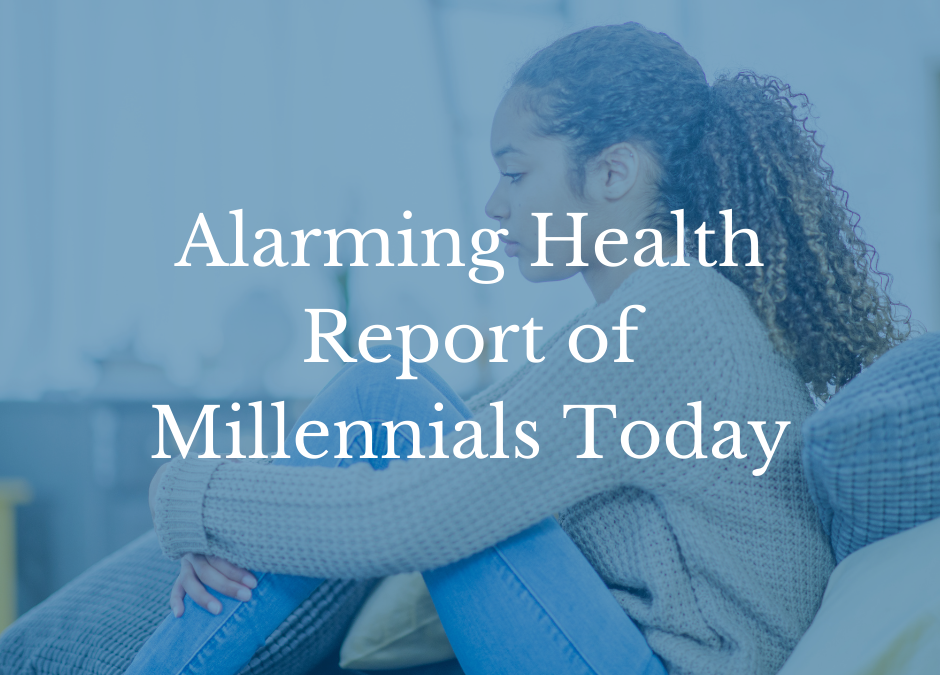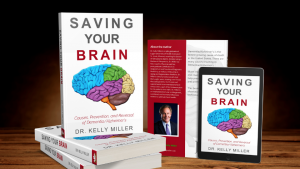The Health of Millennials Today
Most people equate chronic illnesses with the elderly, but a recent Harris Poll study reveals that 44% of millennials born between 1981-1988 have been diagnosed with at least one chronic health condition. Nearly 73 million people in the U.S. are millennials—people born between 1981 and 1996 and who were 21 to 36 years old in 2017.
4 of the top 5 chronic health conditions (and 6 of the top 10) among millennials fall into the mental or behavioral health category, according to a study from Blue Cross Blue Shield. And the rates for these conditions are rising dramatically. And that’s not taking into account the numbers not yet counted by the Pandemics. Yikes.
So, what does say about our worries of Millennials experiencing high levels of stress, anxiety, ADHD symptoms, insomnia, and suicide. The worries are coming true because if you analyze the multiple studies and statistics, Millennials need our attention more than ever. We now see parents and grandparents checking in their children for all types of chronic issues that were not prevalent decades before.
So, what are the top 10 chronic health conditions reported by the Blue Cross Blue Shield study?
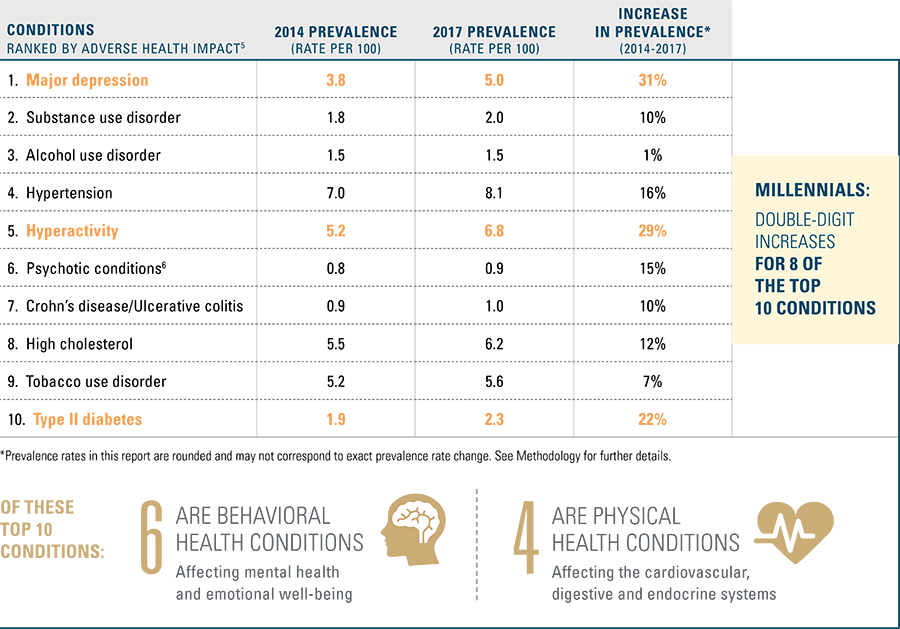
Insights from the BCBS Health Index show that the major decline in health, on average, begins at age 27 (see Exhibit 1). This report examines the overall health of the millennial generation, which will soon be the largest generation of Americans in the workforce.
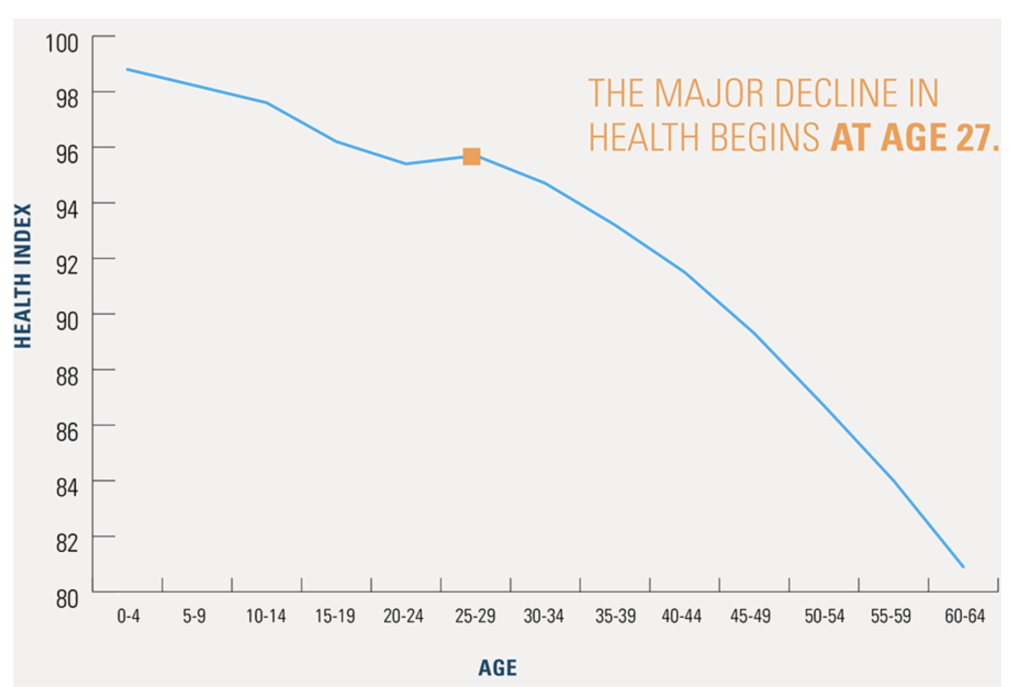
Conclusion: MILLENNIALS ARE LESS HEALTHY THAN GEN X MEMBERS WERE AT THE SAME AGE
BCBS Health Index data underscores the urgency for the healthcare community to recognize that millennial Americans are experiencing double-digit increases in prevalance for eight of the top 10 health conditions. Additionally, millennials had significantly higher prevalence rates than did their Gen X counterparts at the same age. The health status of millennials will likely have substantial effects on the American economy over the next two decades—including workplace productivity and healthcare costs. BCBS is partnering with Moody’s Analytics to forecast how the health of millennials will impact the future economy, with results highlighted in an upcoming BCBS Health of America report.
Will Listening Sessions Help?
With a focus on engaging millennials, identifying key drivers and enacting innovative solutions, BCBS companies are launching Millennial Health Listening Sessions across the country, a series of workshops to learn from leading healthcare experts, employers, digital leaders and millennials on how the healthcare system can help create a path toward better health for this generation. The insights in this report on the health of American millennials can serve as a catalyst for improving the health of all Americans.
Everything leads back to the brain
Depression, Anxiety, and Hyperactivity were the top conditions in the study which is all associated with the brain. At Saving Your Brain centers, we are able to map out areas of the brain for weaknesses which are associated with these conditions. Our advanced brain training programs allow us to work with the patient to rebalance areas of the brain for optimal health which may leads to less anxiety, more focus, better balance, improved concentration, and a happier individual.
Our results do vary depending on the condition and severity of the brain imbalance but with time, the brain is smart and can be rehabilitated. Ask about the many options and find out how Saving Your Brain can help bring back your millennial to balance. Some recent examples of younger adults at Saving Your Brain success stories are just a few cases of how we are able to work with the patient through our advanced technologies for the best results.
